DEI will be the death of the British military
The last thing soldiers need is awareness-raising courses on misogyny or 'incel' culture.
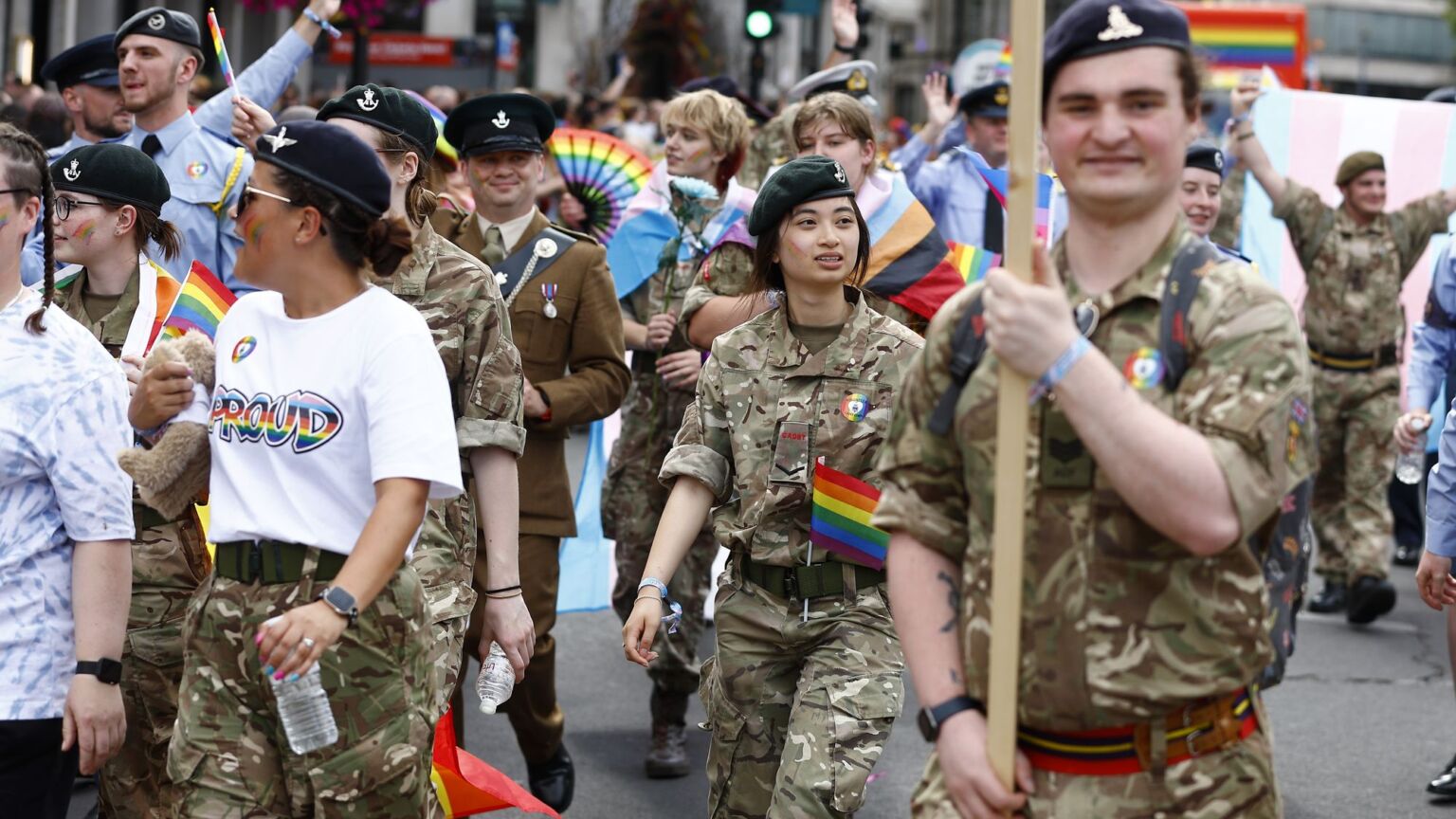
Want unlimited, ad-free access? Become a spiked supporter.
Poor British squaddies. When they signed up, they probably imagined they would be trained into fighters, capable of defending their nation. Instead, they are more likely to be given lessons in modern emotional and sexual etiquette and encouraged to be true to themselves.
In its wisdom, the Ministry of Defence announced last week that it is rolling out a programme designed to protect soldiers from ‘harmful online influences’. Soldiers will be taught about consent, misogyny and ‘incel culture’. The aim of the programme, apparently, is to prevent ‘unacceptable sexual behaviour’ – an absurdly broad category that refers as much to language and communication as it does actual aggressive acts.
This bizarre initiative is likely to be the accomplishment of woke missionaries, obsessed with influencers such Andrew Tate. Like their 19th-century moral equivalents, they aim to de-programme soldiers from having ‘impure’ thoughts.
The campaign to insulate soldiers from harmful online influences is just the latest initiative designed to turn the military into an emotionally correct, feminised and risk-averse institution. The demotion of classical values associated with a warrior ethos – such as stoicism, courage, duty and sacrifice – has been affecting the military for well over a decade.
The tendency to regard the military as a safe space for sensitive souls was highlighted by the ‘This is Belonging’ recruitment campaigns in 2018. These adverts downplayed the importance of the military as a fighting force which expects its members to be physically tough and willing to engage in combat. Instead, it focussed on themes such as ‘Expressing my emotions’ and ‘Keeping my [Islamic] faith’, and ‘Can I be gay in the army?’.
Unlike previous recruitment campaigns, the message was not that you will be challenged, changed and transformed into a fighter for your country. Instead, it was that the army will encourage you to be true to who you are.
The British Army’s marketing campaign was keen to present the armed forces as a ‘safe space’, where people’s feelings and identities will always be affirmed and they will not be subjected to the kind of pressures normally associated with a military outfit. The message seems to be: ‘We’re no longer really a serious army, so sign up and be yourself.’
One of the most worrying dimensions of the ‘This is Belonging’ campaign was that the image of the army it projected was the very antithesis of one that is in the business of fighting in defence of the nation. It minimised the physical and mental attributes that are usually associated with being a soldier. Instead of emphasising excitement and adventure, it focussed on psychological validation and empathy. It suggested that the army thinks emotional vulnerability will be the default characteristic of new recruits.
The flipside of this focus on the emotional is the downplaying of the importance of physical fitness in those who join the army. One advert asks the question, ‘Do I have to be a superhero?’, and then implicitly answers with a firm ‘No’. It features a lad who confesses that he is physically unfit but who later manages to gain some strength, with the help of his mates. The campaign’s subliminal message – that it is okay to be soft – makes it look like an appeal to join the Brownies or the Cubs.
Not surprisingly for a woke army, the main values that it celebrates are those of inclusion and diversity. Like all civilian institutions that have bought into the valuation of diversity, the army devotes precious resources to employing woke administrators to promote programmes of inclusion. Last year, it was reported that several million pounds a year were being spent on senior ‘diversity and inclusion officers’.
In February 2024, Conservative peer Henry Bellingham asked a question in the Lords about the army’s recently published Race Action Plan. ‘Does it make sense, at a time of unprecedented overstretch and undermanning, for the military to have 250 full-time diversity officers?’, he asked. ‘Surely, they should be redeployed out of these non-jobs to the front line.’
Apparently those in charge of the Ministry of Defense believe that devoting resources to an ever-growing diversity bureaucracy is good value for money. That social engineering is more important than defence capacity. Army units have been asked to review historical traditions and insignia that might cause offence to ‘underrepresented groups’. Some have adopted ‘inclusive language’ guidelines. And of course, the obligatory pride flags and badges are on display at several military bases.
The unravelling of the warrior ethos in the military comes at a time when the commitment to fighting for the nation is conspicuously in decline. Given the woke anti-warrior culture inside and outside the military, is it any surprise that many young people feel estranged from the ideals associated with patriotism? Earlier this year, it was reported that only 11 per cent of 18- to 27-year-olds would fight for Britain, while 48 per cent of Gen Zers say the UK is ‘a racist country’.
No doubt off-the-cuff responses to surveys tell only part of the story. However, once the values of heroism, bravery, loyalty and duty are represented as inferior to those of sensitivity, emotional correctness and diversity, the military is likely to become a risk-averse and unreliable institution. None of this is the fault of the men and women who have signed up to the military. It is the fault of the higher-ups. They have elevated DEI and other aspects of woke culture above courage, duty and sacrifice. And the military is all the poorer for it.
Frank Furedi is the executive director of the think-tank, MCC-Brussels.
You’ve hit your monthly free article limit.
Support spiked and get unlimited access.
Support spiked and get unlimited access
spiked is funded by readers like you. Only 0.1% of regular readers currently support us. If just 1% did, we could grow our team and step up the fight for free speech and democracy.
Become a spiked supporter and enjoy unlimited, ad-free access, bonus content and exclusive events – while helping to keep independent journalism alive.
Monthly support makes the biggest difference. Thank you.

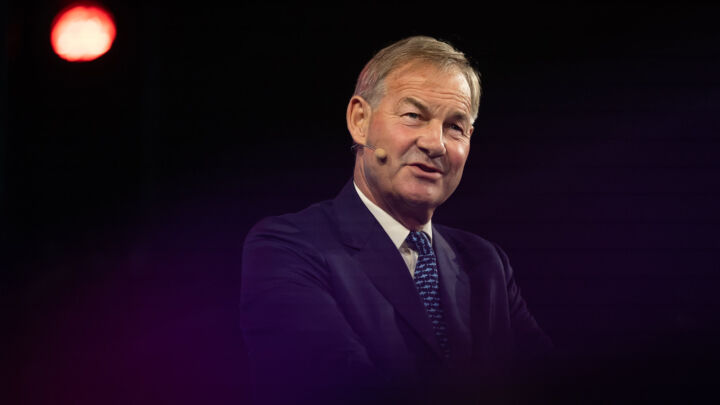


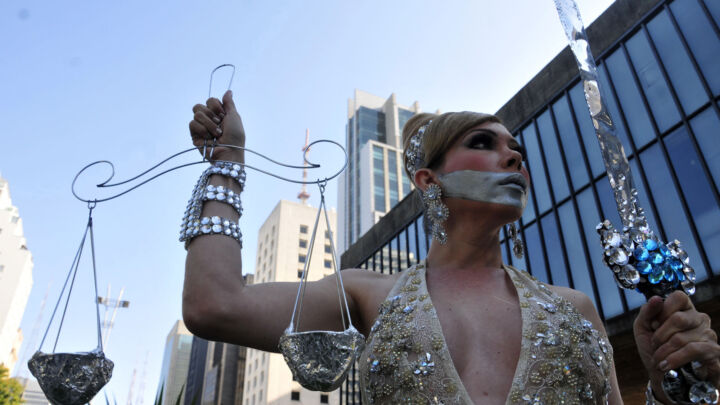
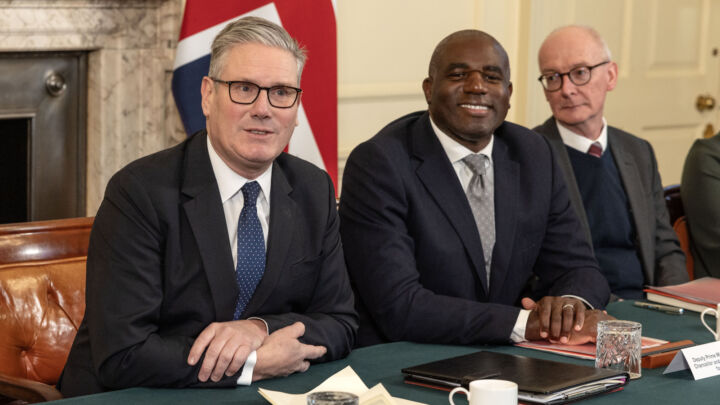
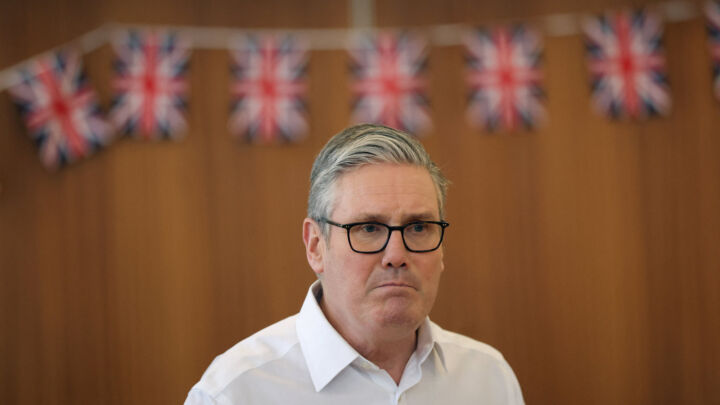



Comments
Want to join the conversation?
Only spiked supporters and patrons, who donate regularly to us, can comment on our articles.